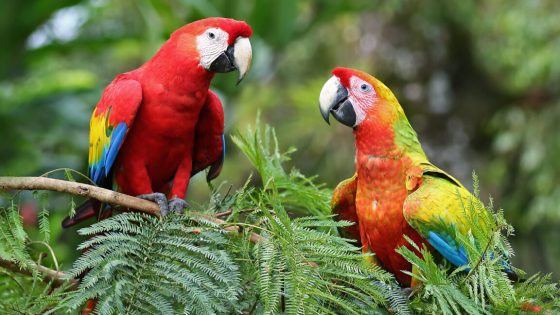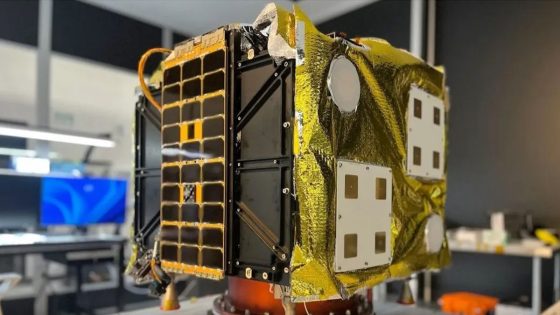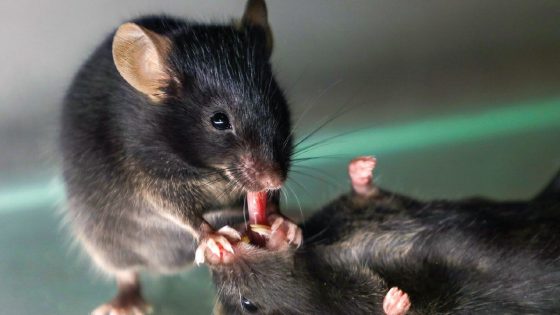In a groundbreaking study, researchers have discovered that blue-throated macaws can mimic intransitive actions, which are movements without a clear purpose. This finding, published on February 6, 2025, challenges previous beliefs about animal mimicry. Can these behaviors enhance social bonds among animals and humans alike?
- Non-human animals mimic transitive actions.
- Intransitive actions aid socialization and bonding.
- Study involved blue-throated macaws.
- Macaws likely possess mirror neurons.
- Automatic imitation measured by SRC tests.
- First study on parrots mimicking intransitive actions.
Blue-Throated Macaws Display Unique Mimicry Skills in Recent Study
What makes the blue-throated macaws stand out in the animal kingdom? These critically endangered birds have shown a remarkable ability to imitate intransitive actions, a skill previously thought limited to humans. This study opens up new avenues for understanding animal cognition and social interaction.
Understanding Intransitive Actions and Their Impact on Animal Behavior
Intransitive actions, which lack a specific goal, play a crucial role in social interactions among animals. The study led by zoologist Esha Haldar involved training blue-throated macaws to perform two different intransitive actions. When placed in a situation where they could observe each other, the birds tended to mimic the actions of their neighbors, regardless of instructions. This behavior suggests that social learning is deeply ingrained in their nature.
- Macaws imitated actions without conscious intent.
- Study challenges previous notions about animal mimicry.
- Findings could lead to better conservation strategies.
- Research highlights the importance of social bonds in animal behavior.
Significance of Mirror Neurons in Animal Mimicry
Could blue-throated macaws possess mirror neurons similar to those in humans? These neurons are believed to activate when observing actions, leading to imitation. The study’s results indicate that these birds may have a neural mechanism that supports automatic imitation, enhancing their social interactions.
Implications for Conservation and Animal Welfare
This research has significant implications for conservation efforts, particularly in the U.S., where many species are at risk. Understanding how social behaviors influence the survival of critically endangered species like the blue-throated macaw can help shape effective conservation strategies. By fostering social bonds, we can improve the well-being of these birds in captivity and in the wild.
In conclusion, the ability of blue-throated macaws to mimic intransitive actions not only sheds light on their cognitive capabilities but also emphasizes the importance of social learning in the animal kingdom. As we continue to explore these behaviors, we may uncover new ways to support and protect these remarkable creatures.

































